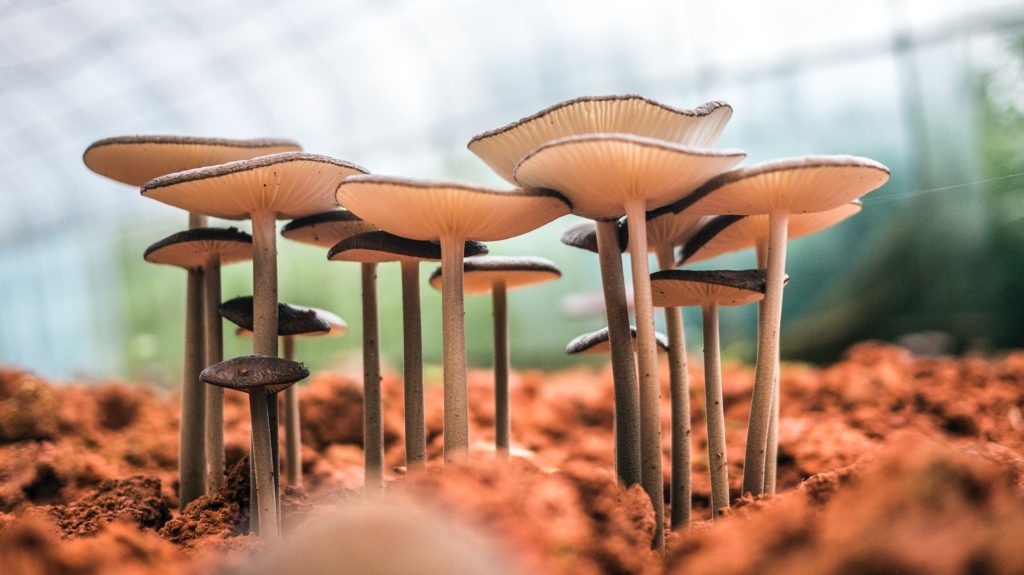Despite an end to the overall decline in production, the Flemish mushroom sector is still facing a number of challenges, including a major labour shortage.
“Two major problems at the moment are the sharply increased cost of raw materials and the tightness of the labour market,” Nancy Pyck of Inagro's mushroom cultivation pilot centre told the Flemish infocentre for agriculture and horticulture (VILT).
The sector traditionally works a lot with Polish workers but, due to economic growth in the country, it’s increasingly difficult to find workers there, VILT says.
“We work with Polish workers, but many want to go home during the holidays,” said Suzy Vos who, together with her brother, runs the Vos Champignons nursery in Tongeren.
Related News
- 200 tractors in central Brussels as pig farmers demand support
- Rising costs for food companies could mean higher prices in grocery stores
- Chocolate, soy milk and beef linked to deforestation could be banned in EU
The Flemish region used to have 137 growers in the 1990’s, but that number has dwindled down to just 30, with cultivation concentrated in West Flanders and Limburg.
Although there has been an increase in scale in the sector, production has overall decreased: while 45,000 tonnes of mushrooms were produced in 1996, just 28,000 tonnes were produced a few years ago.
The decline in the sector is mirrored in the Netherlands, which also relies heavily on Polish workers who are now finding the same jobs in their own country, as production there has grown strongly. Poland now produces around 270,000 tonnes of mushrooms a year, according to 2017 data.
Many migrant workers are planning to return to their home countries for the holidays next week, which is precisely when demand for mushroom peaks.
“There is nothing we can do about it. We can't pick more than we have hands,” said Vos.
The sector is also struggling with rising raw material costs, a development also being felt in other agricultural and horticultural sectors.
Despite these problems, experts say mushroom cultivation’s future in Belgium is secure, in part because the demand for locally grown products is increasing.

